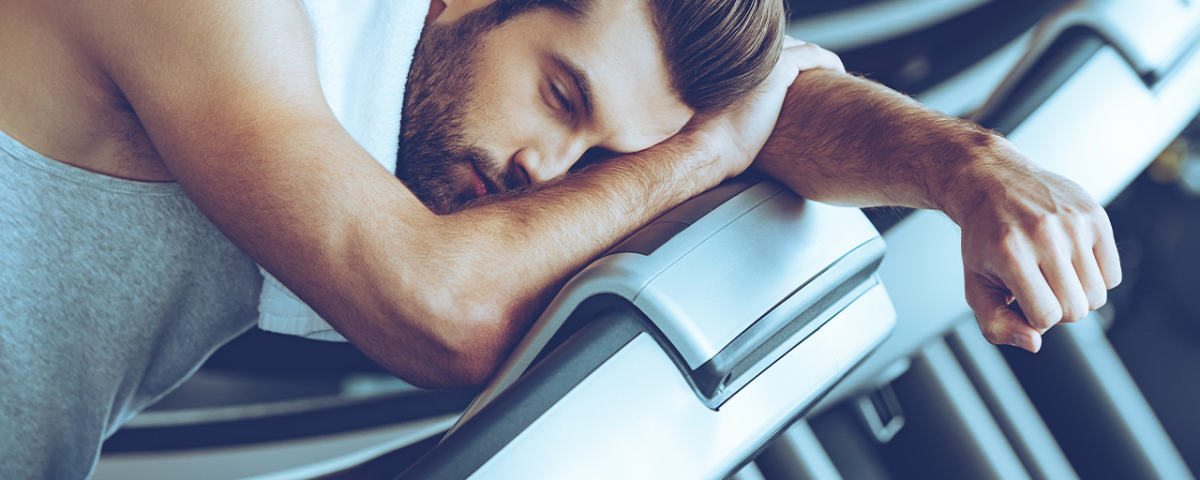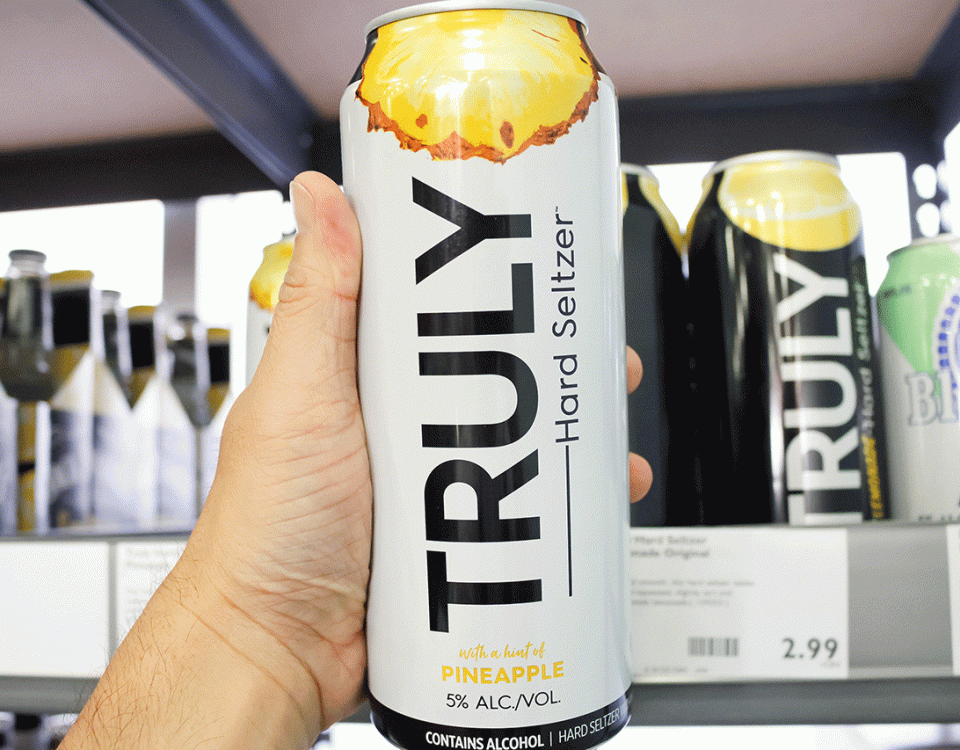Athletes rely on their bodies and their physical endurance, which is hindered by drinking alcohol. The ways that alcohol and athletic performance affect one another can become extreme since motor skills, aerobic performance, and recovery from training are manipulated. Drinking does not affect everyone the same. There are numerous factors involved, including the type of drink that is being abused. Banyan’s rehab in California delves deeper into this concerning correlation.
Does Drinking Affect Athletic Performance?
Yes, drinking does affect athletic performance. Excessive drinking can lead to alcoholic athletes who neglect their training and threaten their careers. Alcohol is used for celebrations or as a reward for the week’s training and the challenging work behind a win. Factors such as genetics, gender, the amount and type of alcohol consumed, and the overall body mass and health of a person determine the severity of the side effects of alcohol.
Alcohol in the blood increases after consumption, resulting in slowed signals in the central nervous system. The disruption decreases coordination efficiency and delays reactions and reasonable judgment. The long-term effects of alcohol can cause organ failure, cognitive decline, and improper brain functioning, which makes training extremely difficult. Whether it is alcohol or drug abuse, both athletic performance and overall physical health can be deeply and negatively impacted.
How Long Does Alcohol Affect Athletic Performance?
The duration of alcohol's impact on athletic performance varies depending on several factors, including the amount consumed, individual tolerance, and the type of exercise or sport involved. Some key considerations include:
- Immediate effects: Alcohol's effects on the central nervous system start to show up soon after drinking. Activities that call on accuracy and agility are more difficult to do because of reduced coordination, reaction time, and balance. The performance of an athlete during those hours may be affected by these short-term limitations, which can endure for several hours.
- Metabolic impact: The liver normally processes one standard drink per hour when it comes to alcohol metabolism. The body's natural recovery processes may be postponed during this period when the metabolism of alcohol takes precedence over other bodily processes. This may have an impact on post-exercise muscle regeneration, energy refueling, and general recuperation.
- Dehydration and electrolyte imbalance: Alcohol's diuretic impact causes an increase in urine production, which can cause dehydration and electrolyte imbalance. This effect can linger until the following day and is not just present in the moments after consumption. Performance can suffer from dehydration, and cramps and injuries are more likely.
- Sleep disruption: Alcohol can cause sleep disruption, particularly in the second half of the night. This implies that an athlete may still experience insufficient rest, which is crucial for recovery, long after the early effects have worn off. Cognitive function, mood, and general physical performance can all be negatively impacted by sleep disruptions.
- Cumulative effects: Prolonged or severe alcohol use can cause long-term health problems that have a major long-term impact on athletic performance. These include possible liver damage, compromised cardiovascular health, and weakened and less durable muscles.
In summary, the correlation between alcohol and athletic performance is not confined to a specific time frame; it can persist over hours, affecting coordination, reaction time, and balance. Moreover, the metabolic and physiological impacts of alcohol can continue into the next day, potentially delaying the body's natural recovery processes. For athletes aiming to perform at their best, it's crucial to be mindful of alcohol intake and its potential repercussions on both immediate and long-term performance.
How Much Does Alcohol Affect Athletic Recovery?
Alcohol and athletic recovery are often associated with one another, but typically not in a positive light. Since it contains carbohydrates and electrolytes, some have considered whether beer is good for muscle recovery. However, it is not enough to help an athlete fully recover. The negative effects outweigh the positive, and an athlete is at risk of substance abuse if drinking becomes excessive. Here are some effects of alcohol on muscle development and recovery after working out:
- Impairs memory
- Slows reaction time
- Depletes energy levels
- Nutritional deficiencies
- Impairs muscle growth
- Cardiovascular problems
- Prevents muscle recovery
- Inhibits nutrient absorption
- Irregular eating patterns
- Weight loss or gain
Alcohol and muscle recovery do not go hand in hand, and neither do alcohol and exercise. For an athlete to perform their best, proper nutrient intake, sleep, and training consistently with substantial energy are required. Alcohol affects athletic performance since it can cause a lack of sleep, which causes a higher risk of injury, and hormones manipulate muscle growth and vitality. In addition, alcohol depletes testosterone secretion, which is needed for hormonal balance during the recovery process.
Alcohol and athletic performance can determine the fate of an athlete's long-term health and the duration of a career. Alcoholic athletes who are drinking before, during, or after training should consider seeking out the alcohol addiction treatment program at our California rehab center to avoid the chronic effects of this disease.
Addiction Treatment at Our Rehabs in Palm Springs
At Banyan Treatment Centers Palm Springs, we offer an excellent alcohol detox program that helps patients be safely guided through the withdrawal symptoms. We pride ourselves on maintaining a clean and secure establishment for patients to express themselves and receive the treatment they need to properly recover from substance abuse. We offer unique programs like our 12-step program, which produces a successful method to overcome addiction and prevent relapse.
For drug addiction help in California, speak to a specialist at Banyan Palm Springs by calling 888-280-4763 and ask about our residential treatment program to get started on the path to recovery today!









